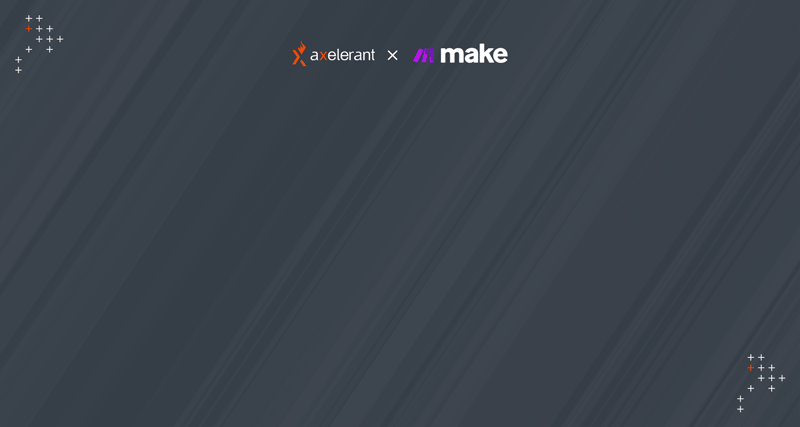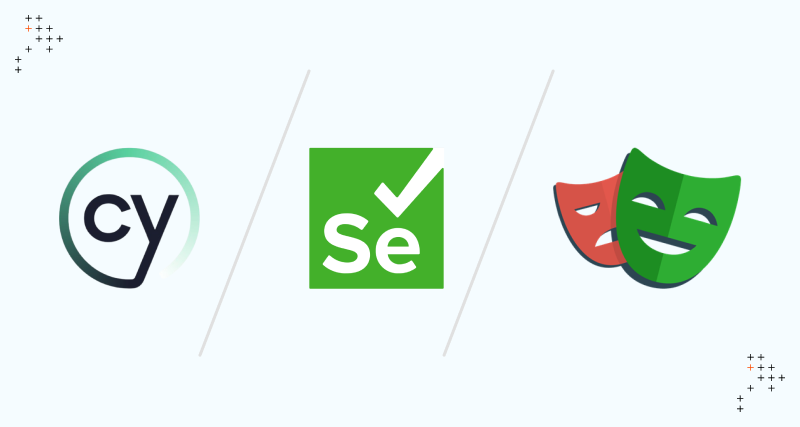Introduction
To hire software testers or "software QA engineers" we turned to global, highly adept remote talent. We did this for a number of reasons; the most relevant being the provision of scalable, adjustable, staff augmentation services for different kinds of organizations.
QA engineers watch development carefully to ensure standards are adhered to from beginning to end. Software testers set up and use an agile framework to provide stability at every stage of development. The success of a delivered product is its quality, and it's time to market (TTM). Both of these are in the hands of QA personnel.
If a team is in need of software QA support, staff augmentation as a solution is a viable one.
Many have worked on Open Source projects, site migrations, product software development, and have experienced the consequences of not choosing to augment your team beforehand. Deadlines need to shift because standards have been neglected until the end; you didn’t see it before, but there’s a lack of attention to detail. If you don’t have the right personnel on your squad, you can bring them in without hiring.
Software tester staff augmentation is becoming more popular among businesses of all kinds and sizes. Here are 10 reasons to hire software testers or software quality assurance engineers via staff augmentation:
1. Need to conserve our resources, but still need QA
Bringing on employees is expensive. Taking on new personnel when you only require their services for a short time doesn’t make sense cost wise. With software tester staff augmentation, you’re only paying for the skills you need when you need them. If your plan is to offload staff after your short-term goals are met, this will come at a high cost to your business' reputation and future quests for talent acquisition. By choosing to hire software testers or software QA engineers via staff augmentation, you make a safe, fiscally responsible decision.
2. Want to maintain control of our projects
Team augmentation means that a business’ management team keeps control over all personnel and priorities. As tasks are assigned to a software tester or QA engineer, you retain decision-making power and keep the project secure. To ensure the end product is delivered, your organization’s management team shouldn’t relinquish authority over projects.
3. Low bandwidth with our team
What can’t be tested with qualified peer reviews can’t be managed or secured. Those looking to Hire software testers or QA engineers bring expertise inside, making light work out of what would ordinarily be heavy lifting for other employees. Taking on software projects without a QA team isn’t advisable for the large projects you’re held accountable for. Team augmentation works for organizations in need of peer reviews they don’t have the time or the staff for.
4. Not enough experience with this new platform
Troubleshooting means dealing with technical details. A Quality Assurance team is prepared to handle these as they come up. Having technical experience—in depth experience—with software like Drupal or other dynamic Open Source technologies takes another burden off of your team.
5. Need to ensure timely delivery, smooth release
Trained QA personnel will help guarantee a timely delivery and stable release in ways your internal team members can’t. As output increases and the project picks up, you risk a smooth release.
Not because you’re running behind schedule, but because loose ends and details involving quality standards aren’t identified until the very end. By augmenting your team with subject matter experts, you strengthen your ability to manage risks and ensure quality from the very beginning.
6. Require lower overhead with our projects
To hire software testers via staff augmentation is to reduce the need for overhead. It's a service that should be considered if management is spread thin—especially over small projects—and hiring doesn't make sense. An augmented team can be ramped up or down as needed to handle touch and go QA projects. This adjustable bandwidth means management can focus on other priorities.
7. Already have a team, need third party review
There are reasons aside from impartiality for which a company brings in outside expertise to handle things like audits. So it is with QA team augmentation. A third party review allows your internal team to proceed with their work unaffected and keeps your specialized staff from becoming overburdened. A third party review also brings in fresh, objective analysis that you might not have otherwise.
8. Don't need external processes, we have our own
Syncing up two organizations is far more challenging than bringing in one or two adaptable specialists. Staff augmentation is far similar and involves fewer people and less time. This helps you avoid having to reinvent the way your business goes about projects. With software quality assurance especially, differing standards and steps have to be accounted for. Often, managers aren’t looking to take on another way of doing things; they’re looking for retrospective, adaptable personnel that can understand internal QA steps and expectations quickly.
9. In-house tools aren't a problem, expertise is
The additional talent you take on will bring their resources and tools, but the point is their ability to be readily equipped with yours. This sharing means you aren’t wasting your resources or neglecting your tools. You could train up available employees, but very few organizations have that kind of bandwidth. Moreover, your employees aren’t going to acquire an expert’s knowledge overnight, or within months for that matter. When it comes to delivering products on time and budget, bringing in the professionals makes sense.
10. Just not ready to hire full-time
Good software quality assurance takes a lot of experience. Bringing someone in full-time may not be feasible right now, and onboarding is going to take lots of time. QA engineers involved with professional team augmentation projects quickly install themselves and deliver. This addresses your need for QA while avoiding long-term, large-scale costs.
Hire software testers differently this time
Our quality assurance team at Axelerant operates within our client's augmented teams. Our internal software testing projects and hackathons keep our QA engineers sharp and up to date with best practices. The whole staff augmentation approach isn't worth it for us without our agile framework and customizable approaches used to address individual client needs. Here we involve our QA engineers with the project from the very beginning. This comes from agile being more of an approach and less of a process. Agility demands teams to self-organize, make decisions, be retrospective and adapt from the start. It's what great software testers everywhere strive for.
This article was originally published in September 2015. It has since been updated.

Nathan Roach, Director of Marketing
Germany-based consumer of old world wine and the written word. Offline you can find him spending time with his wife and daughter at festivities in the Rhineland.

 We respect your privacy. Your information is safe.
We respect your privacy. Your information is safe.



Leave us a comment